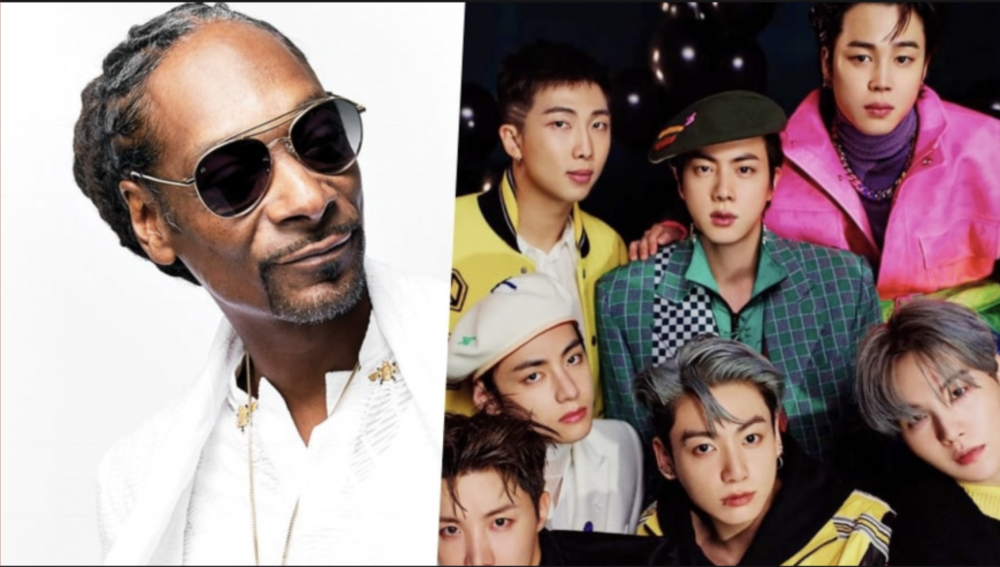
K-pop was once the underdog of the global music scene, a genre beloved in Asia but often overlooked by Western markets. Yet in just over a decade, that narrative has completely flipped. Fast forward to 2025, and K-pop is not just part of the global conversation – it’s shaping it. Top acts are now working with American legends, headlining international music festivals, and redefining what it means to be a “global star.”
From humble beginnings to major collabs
What felt like a pipe dream in the early 2010s is now a reality. We’ve seen BTS team up with household names like Snoop Dogg, Jack Harlow, Megan Thee Stallion, and SIA. TWICE recently took the stage as opening guests for Coldplay. And BLACKPINK famously collaborated with Selena Gomez on the chart-friendly track “Ice Cream.” These aren’t just casual crossovers, they’re headline-making global moments.
But has K-pop lost its ‘K-popness’?
Despite the global expansion, a vocal segment of fans now wonders if something has been lost in the process. The core charm that once made K-pop distinct, from its quirky Korean-English lyrics to its genre-blending risk-taking, is starting to feel diluted. Songs are increasingly sung in English, many music videos feel formulaic, and companies seem laser-focused on creating tracks that can trend on global charts rather than crafting uniquely Korean stories or sounds.
Oversaturation and safe concepts
Another concern among long-time fans is the sheer number of new groups debuting each year. In an effort to replicate the success of groups like BTS and BLACKPINK, many companies appear to be prioritizing quantity over quality. With that comes a wave of safe, familiar concepts that aim for mass appeal but rarely break new ground. The bold experimentation that defined earlier generations of K-pop, such as the second generation’s visual theatrics or the third generation’s concept-driven albums, is harder to find in fourth and fifth-generation groups.
What made K-pop magical in the first place
The original allure of K-pop wasn’t just its polished performances or slick visuals. It was the creativity, the unfiltered weirdness, the unapologetic Korean identity. Tracks like “Ring Ding Dong,” “Fantastic Baby,” or “Lucifer” didn’t follow the Western mold – they created their own. And that’s what pulled in fans across the globe. Now, with the genre more polished and commercialized than ever, some fans are longing for that raw, unpredictable energy again.
So, where does K-pop go from here? It’s clear the genre has achieved a level of international success that few imagined possible. But perhaps it’s time for a creative reset – one that brings back the boldness and eccentricity that made K-pop more than just music. After all, being global doesn’t mean being generic.
SEE ALSO: BLACKPINK drops poster for Goyang concert, gears up for global tour







